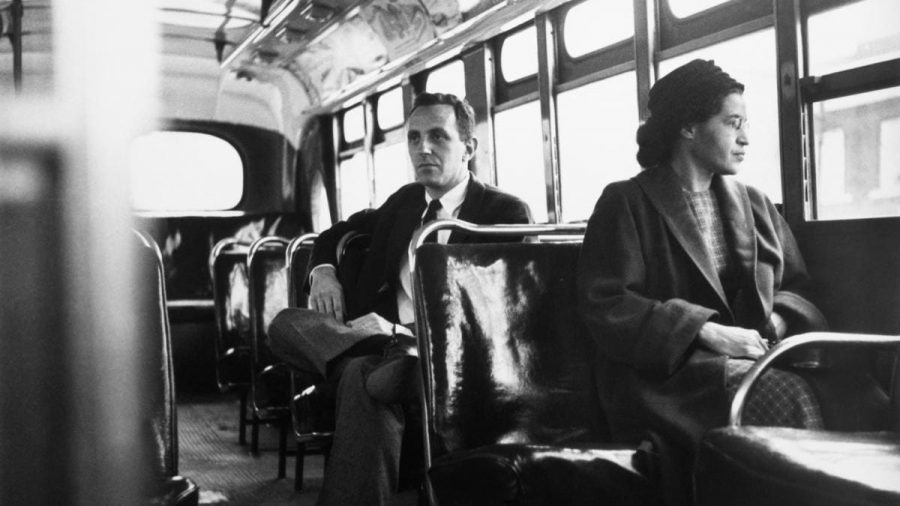Honor Rosa Parks Day
On December 1st, we celebrate one of the most historical figures during the civil rights movement and in American history: Rosa Parks.
Rosa Louise Parks was born on February 4, 1913, in Tuskegee, Alabama, and was the first child born after her brother, who was born on August 20, 1915. Her family later moved to Pine Level, Alabama where she attended Montgomery Industrial School for Girls (Miss White’s School for Girls), which was a private institution after she went to her rural school. She went to Alabama State Teacher’s College High School.
Life wasn’t easy for Parks even before the civil rights movement. She couldn’t graduate from her class in high school after her grandmother, Rosa Edwards, fell ill. Her mother also later became ill and Rosa continued to stay home and care for her mother and postpone her education. She received her diploma in 1934 after her husband, Raymond Parks, supported and helped her to finish her education. They also faced many obstacles and challenges with daily tasks with the segregation laws in place. Some examples include not being able to use the same water fountains, could only attend certain (inferior) schools, assigned seating on transportation, and many more. Both she and Raymond worked as seamstresses and later joined the National Association for the Advancement of Colored People (NAACP) in December 1943 and became chapter secretary.
December 1st, 1955 was just another ordinary day for Parks, on her way to board the bus after a long day at work. There were reserved seats for white citizens, and the rest were for Black citizens, and more than 70% of riders are Black on a normal day. At one point during the ride, a white male had nowhere to seat since all the reserved “white” sections were taken. The bus driver asked all four riders in the “colored” section to give up their seats, while the other three gave in, Parks refused. Soon two police officers can to the bus and put Rosa in custody and arrested her for her refusal of giving up her seat.
Her silent yet powerful act did not go unnoticed. On the day of her trial, December 5, the Black community of Montgomery decided to boycott the buses (later known as the Montgomery Bus Boycott) to rise against segregation. Parks was found guilty for going against the segregation laws and was given a suspended sentence and fined. The boycott ended on December 20, after the Supreme Court ruled that bus segregation was unconstitutional.
Rosa later moved to Detriot, Michigan with her family after experiencing continuous threats and harassment in the aftermath of the boycott. She also co-founded the Rosa and Raymond Parks Institute for Self-Development in 1987 that helps serve Detriot’s youth and community. In 1992, she released her autobiography titled “Rosa Parks: My Story.” Rosa Parks was awarded the Presidental Medal of Freedom in 1996 and the Congressional Gold Medal in 1999, the highest honor of the United States for national appreciation and achievements.













